We may earn money or products from the companies mentioned in this post. This means if you click on the link and purchase the item, I will receive a small commission at no extra cost to you ... you're just helping re-supply our family's travel fund.
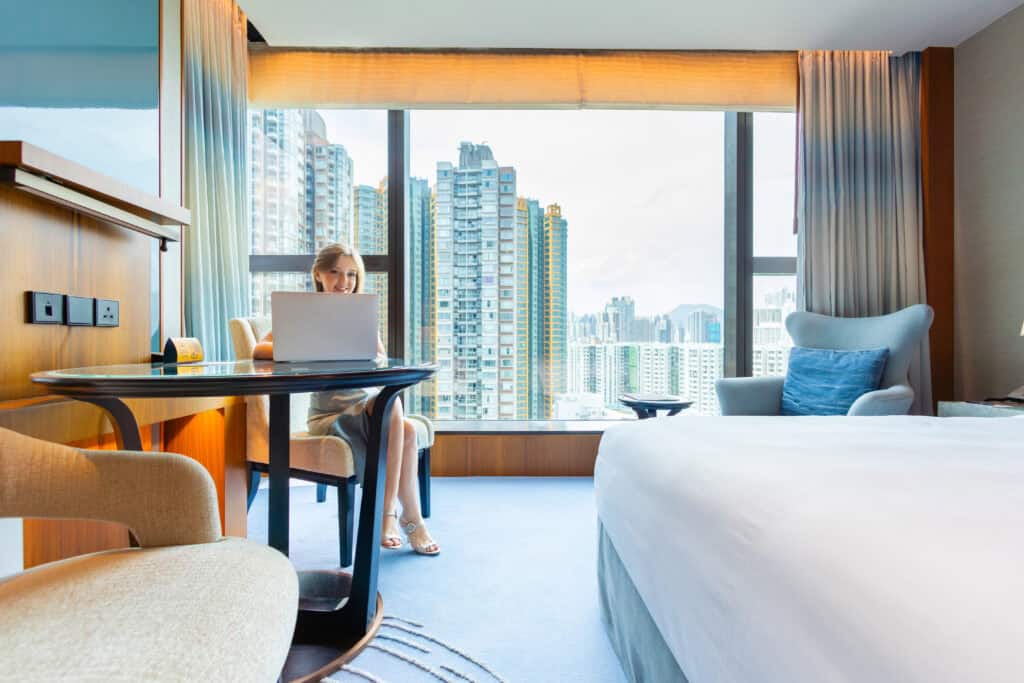
Comfort in a hotel rarely comes from grand gestures. Lasting impressions usually start with quiet details that make a room easier to live in. A supportive mattress, softer light, and a few practical touches around the bed often matter more than a dramatic lobby. When hotels invest in these small upgrades, travel feels less draining and more like a pause that actually restores energy. Over time, those small choices shape trust in a brand far more than any slogan. Those subtle improvements linger in memory and often decide whether a guest returns.
Upgraded Mattresses And Layered Bedding
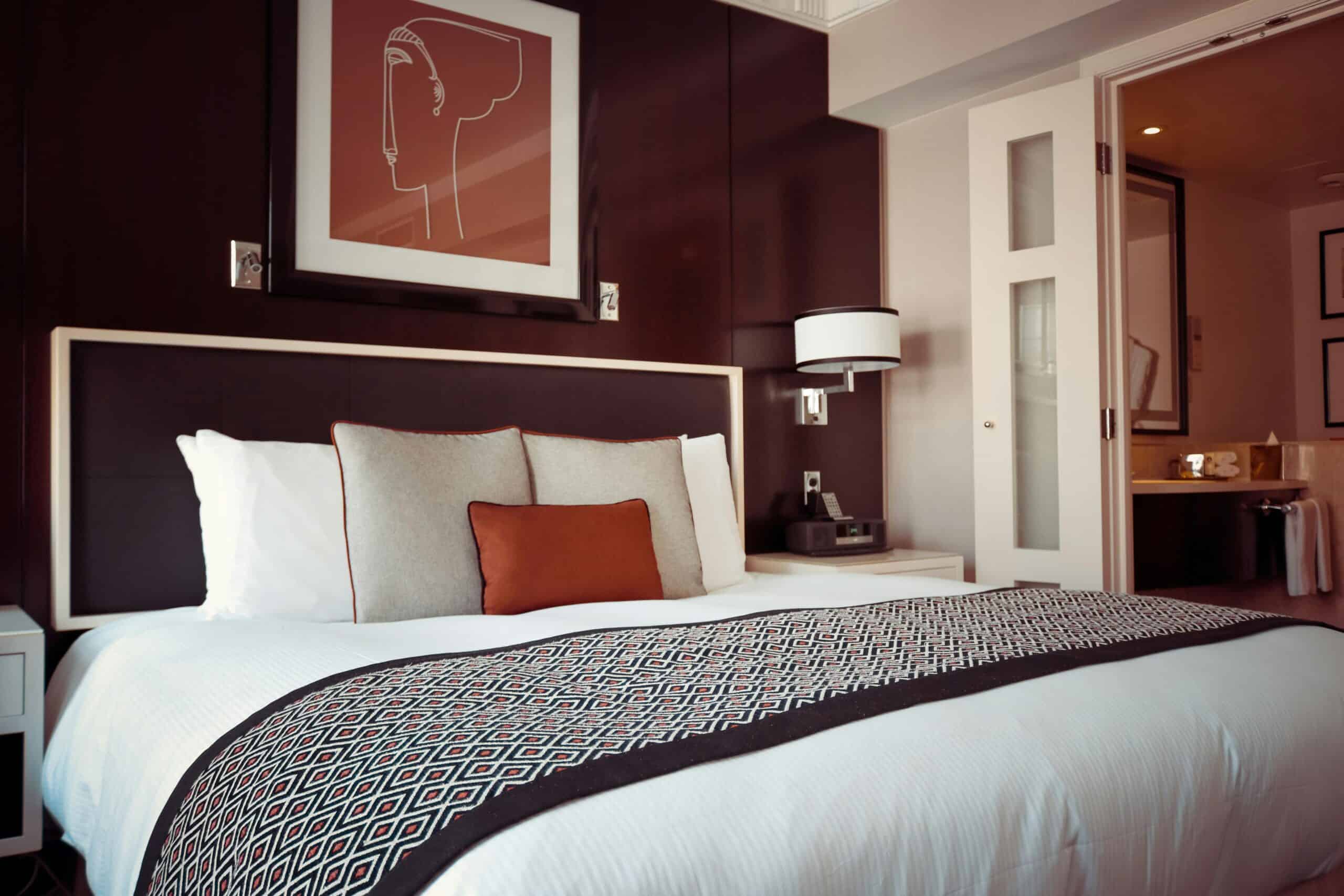
A hotel bed sets the tone for the entire stay, and a basic mattress rarely feels like a treat. A supportive base with a plush topper, quality sheets, and a duvet that feels light but warm can turn a standard room into a place where muscles loosen and minds settle. When guests wake without stiff necks or sore backs, they move through the day differently, calmer and more alert. That sense of deep rest is what brings many travelers back, and it quietly redefines what comfort means.
Thoughtfully Curated Pillow Menu
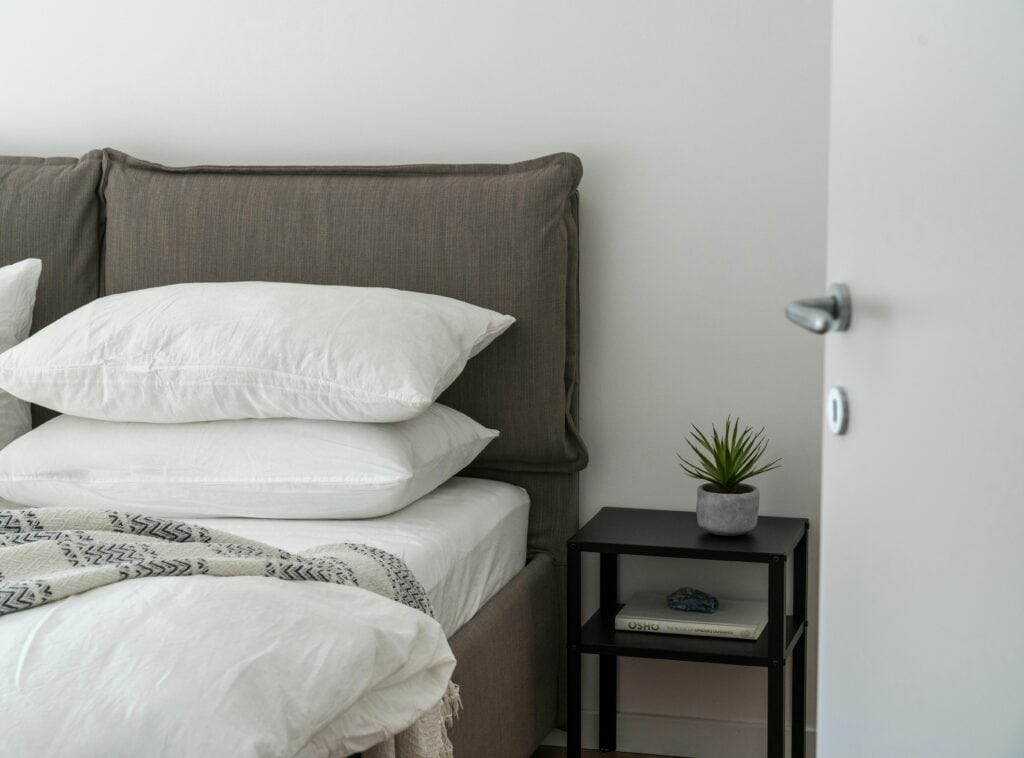
Pillows often decide whether a night feels peaceful or frustrating, yet many rooms still treat them as afterthoughts. A small pillow menu with soft, firm, hypoallergenic, and cooling options signals that different bodies are expected and welcome. Guests who can match their usual sleep setup relax faster and fall asleep more easily. That quiet sense of being understood does not require luxury branding, only a willingness to make comfort as personal as possible.
Blackout Curtains And Sound Control
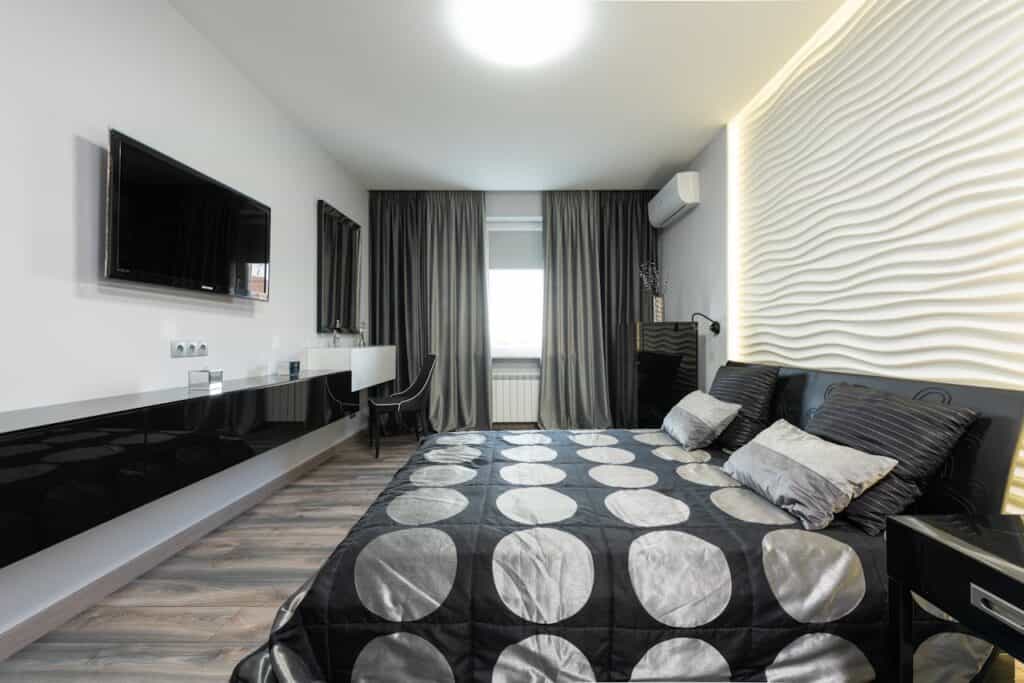
Sleep in a new place is always fragile, and stray light or noise can break it in seconds. Thick blackout curtains, double curtains, and small touches like door sweeps or soft-close hardware keep hall chatter, car lights, and elevator sounds from spilling into the room. When the space stays dark and quiet until morning, jet lag softens and early commitments feel less punishing. Guests leave feeling restored instead of simply having survived the night.
Layered Lighting Instead Of A Single Lamp
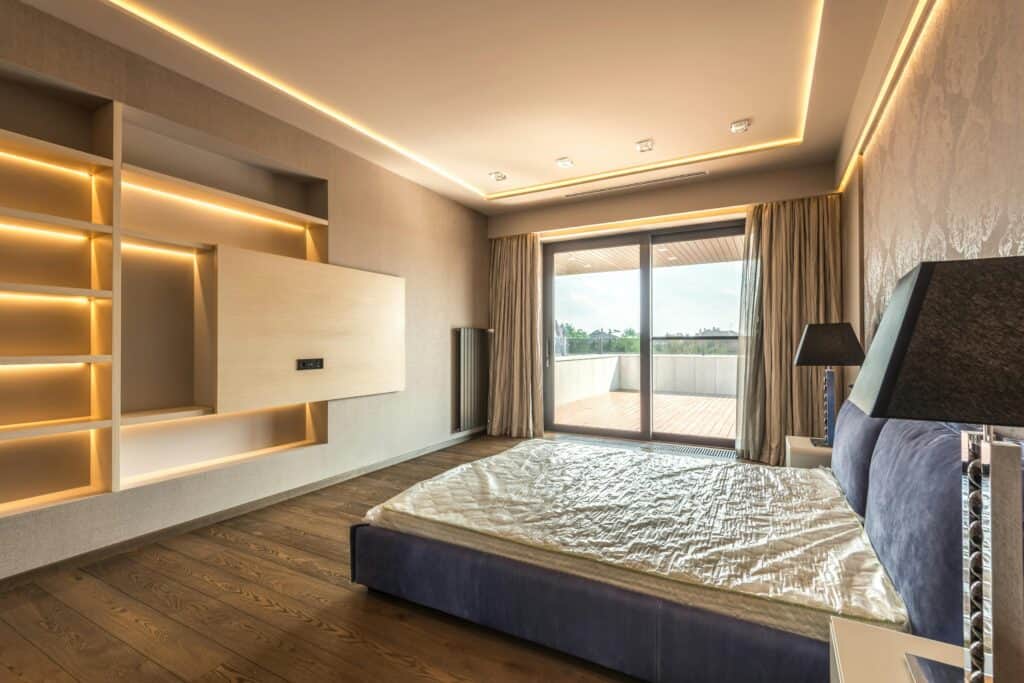
Many hotel rooms rely on a single bright fixture that makes evenings feel stark and rushed. Layered lighting with bedside reading lamps, a soft floor or desk lamp, and dimmable ceiling lights lets the room shift with the day. Warm, gentle light in the evening encourages slower conversations, quiet work, or a book before sleep. Brighter light in the morning supports focus without feeling harsh, turning the room into a flexible living space, not just a place to crash.
Abundant Outlets And Charging Stations
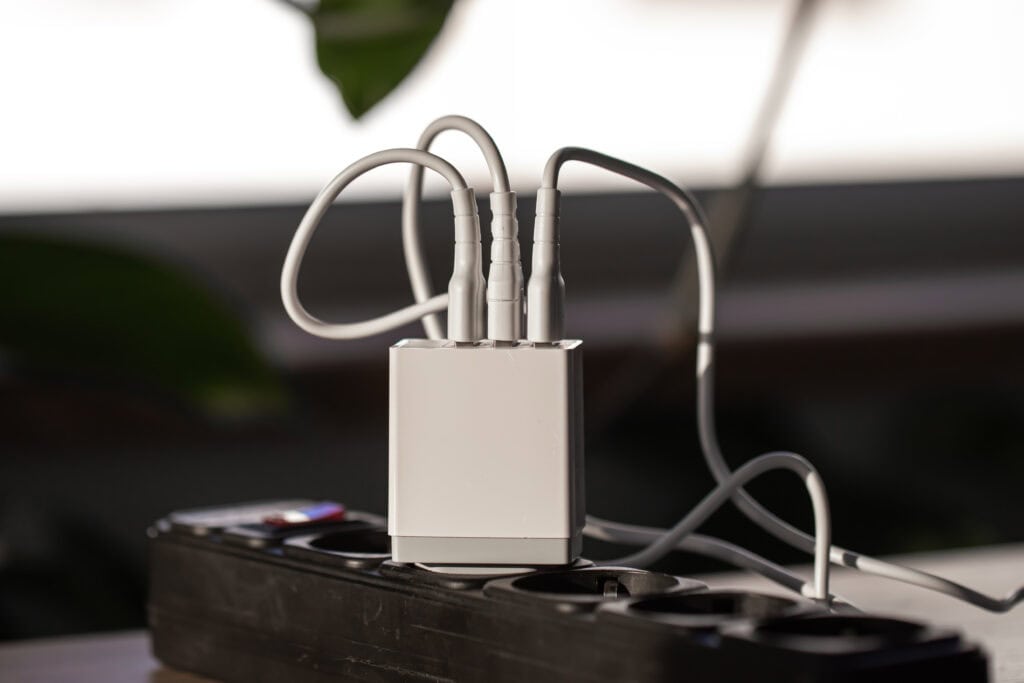
Travelers rarely arrive with a single device, yet many still find themselves crawling under desks to find a free outlet. Hotels that place sockets and USB ports at the nightstand, desk, and seating area instantly lower the background stress of a stay. Phones, laptops, watches, and tablets can charge at once without tangled cords or awkward furniture moves. That simple access makes the room feel intentionally designed for real life instead of staged for a brochure photo.
Spa Like Showers And Better Amenities
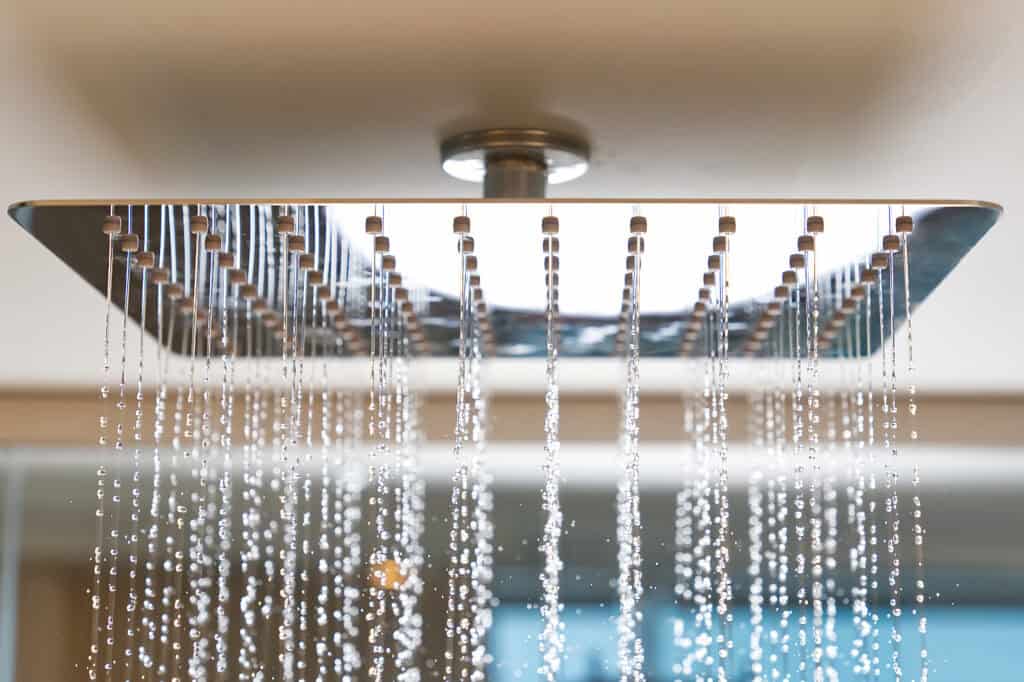
A good shower can reset a tired mind faster than almost anything on the property. Strong water pressure, stable temperature, and thoughtful features like a handheld sprayer or rain head change a functional rinse into a short ritual. Quality toiletries, generous towels, and shelves placed where hands naturally reach keep the routine smooth instead of clumsy. Guests step out feeling grounded and refreshed, ready for meetings, sightseeing, or sleep with less tension and more clarity.
A Cozy Seating Nook For Work And Rest
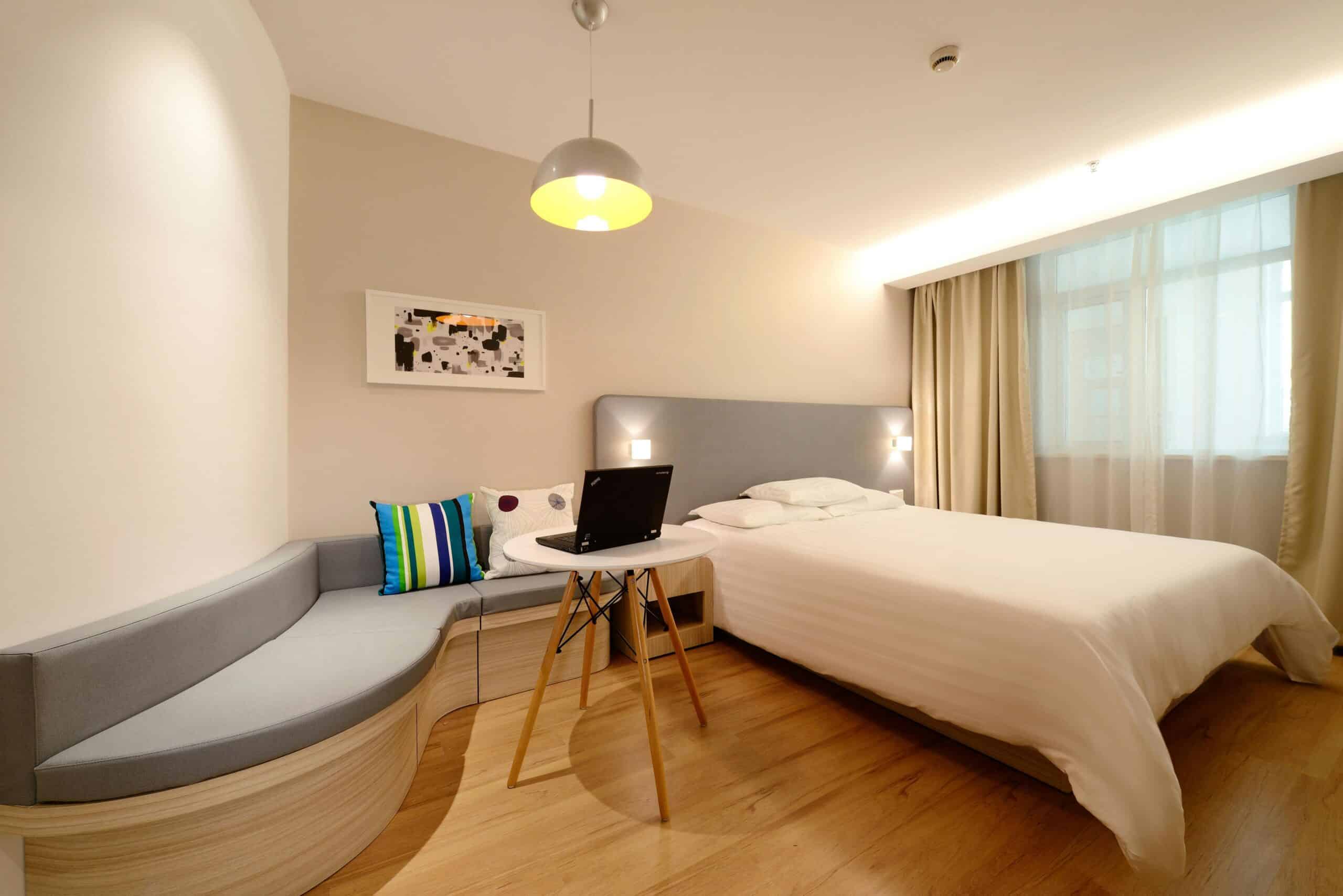
When a room offers only a bed and a desk chair, every activity competes for the same two spots. A small sofa, cushioned chair, or window bench with a side table creates a third zone for work, snacks, or quiet scrolling in natural light. That simple nook makes it easier to take a real break without fully collapsing into bed. Over a few days, the space feels less like a box and more like a small, thoughtful apartment built for living well, not just sleeping.
Subtle Scenting And Cleaner Room Air
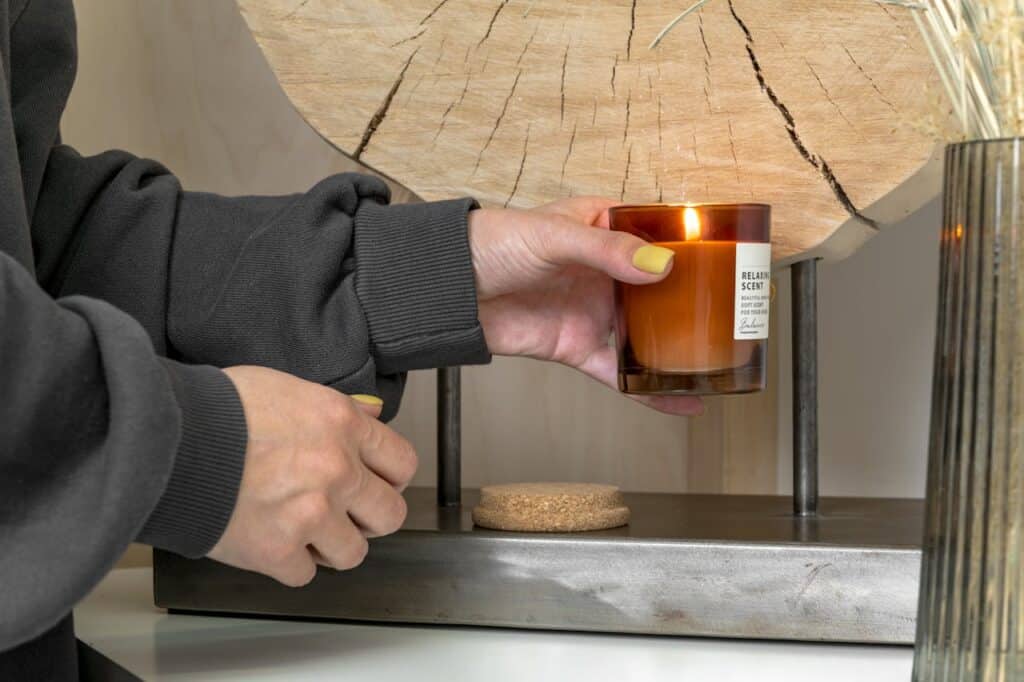
Air quality shapes comfort even when guests are too tired to notice it directly. Rooms that feel fresh instead of stuffy or heavily perfumed make breathing easier, especially after flights and long drives spent in recycled air. Discreet purifiers, windows that open where possible, and a very light, neutral scent keep headaches and sneezing at bay. Travelers may not name the air as the reason a stay felt calm, but their bodies clearly register the difference.
Local Touches In Minibars And Welcome Trays
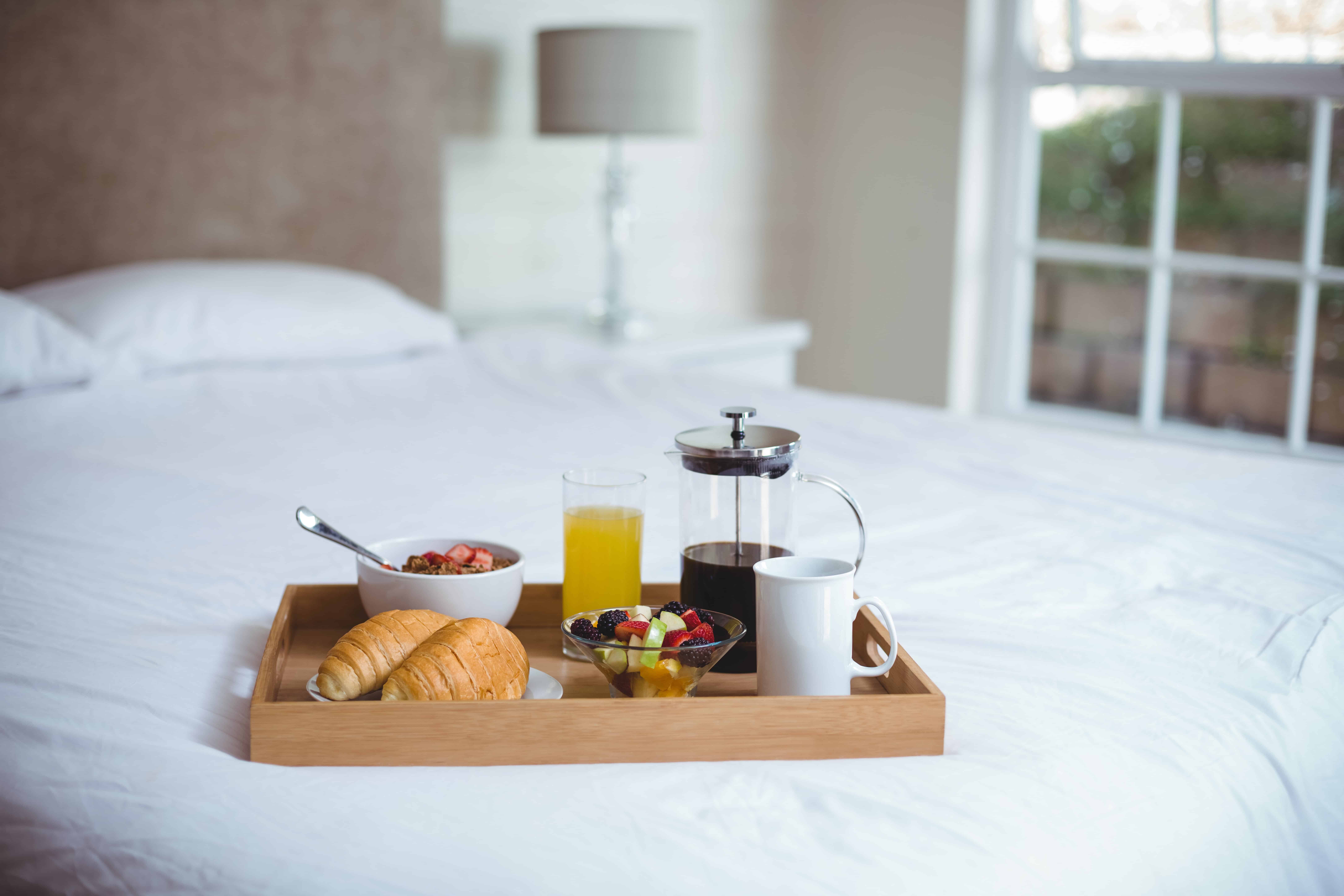
Small local touches often do more to anchor a stay than any generic luxury detail. When minibars and welcome trays feature regional snacks, local drinks, or treats from nearby bakeries, the room starts to feel connected to the streets outside. Guests get a first taste of place without leaving their floor, and conversations about the city start before the elevator doors open. Those simple additions turn a neutral room into a gentler introduction to the destination.